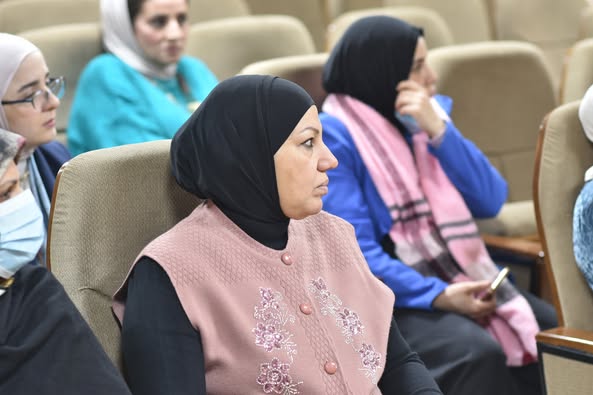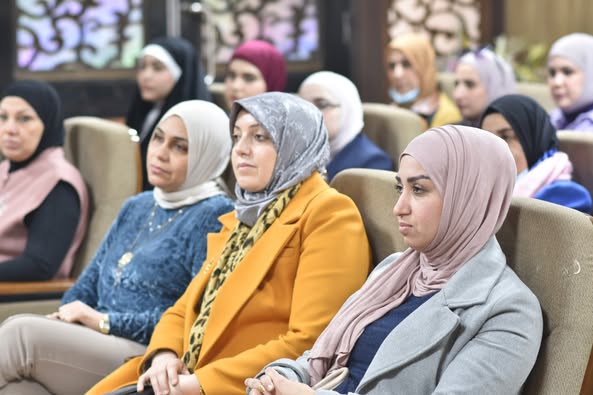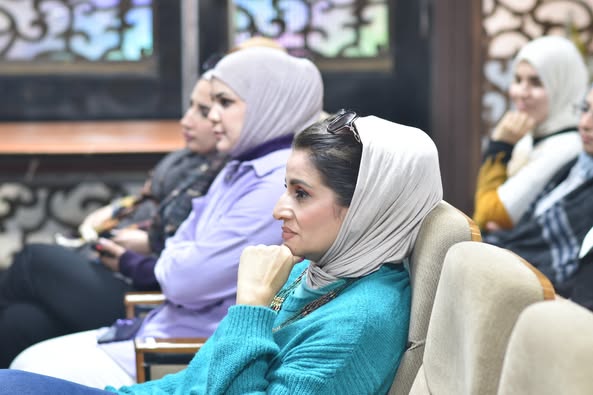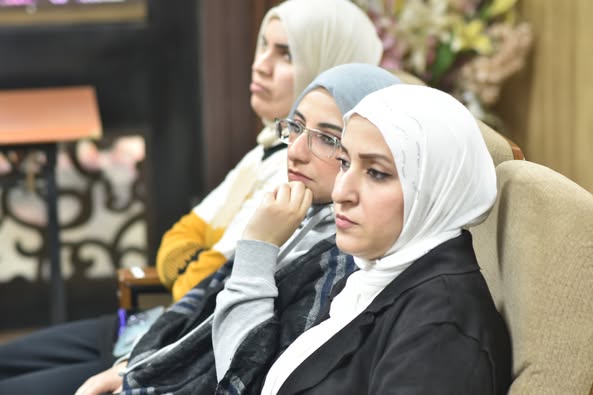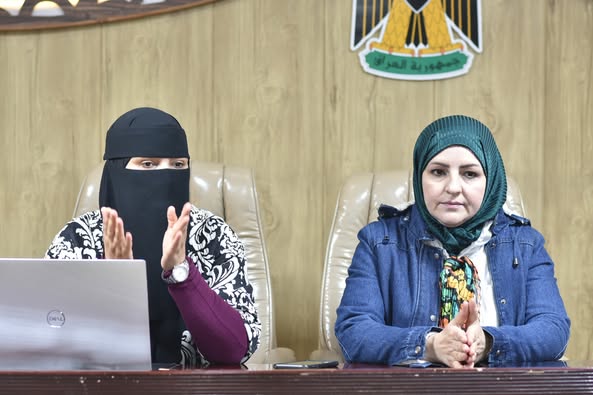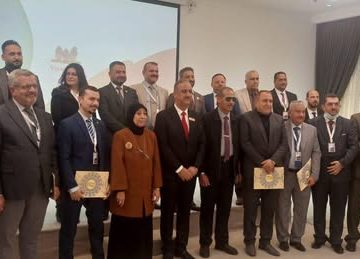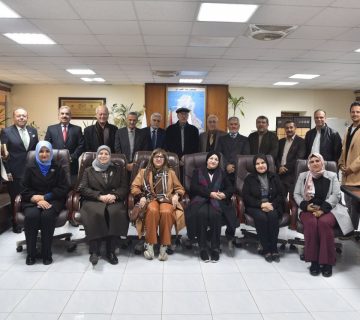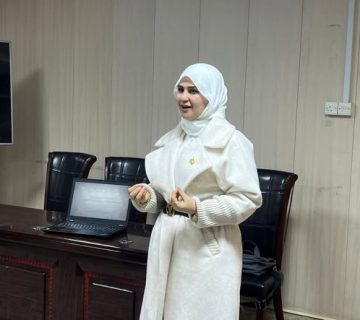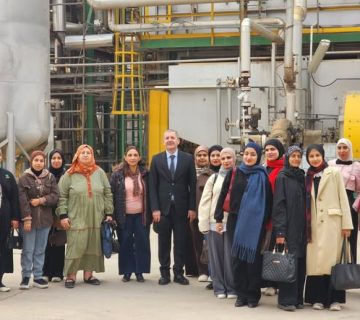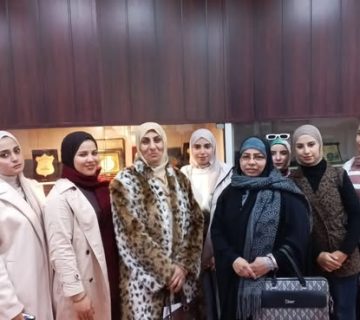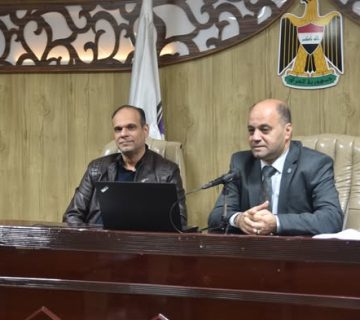Under the patronage of Dr. Sameera Naji Khdim, Dean of the College of Science for Women, the Women’s Affairs Unit, in collaboration with the Continuing Education Unit, organized a workshop titled “Work-Life Balance: Experiences and Success Stories.” The workshop was presented by Dr. Shaima Saleh Mahdi, Assistant Professor and Head of the Women’s Affairs Unit, and Ms. Intisar Abbas Hamad, Faculty Member in the Department of Physics. It was held in the conference hall and attended by several faculty members, employees, and students.
At the beginning of the workshop, the presenters emphasized the significance of the topic of work-life balance, which refers to achieving harmony between work demands and family commitments. With the fast-paced nature of modern life, it has become increasingly difficult for many to attain this balance, leading to burnout, psychological stress, and problems that may cause family relationships to deteriorate. The workshop discussed several factors contributing to the lack of balance between work and personal life, including:
1- Ineffective time management skills: Many individuals fail to prioritize their tasks properly, leading them to spend more time on unnecessary matters.
2- Working without a clear plan leads to wasted time and unnecessary stress.
3- Weak culture of balance in work environments: Some organizations do not support work-life balance, expecting employees to work beyond regular hours without offering flexible options like remote work or flexible schedules. This negatively affects employees.
4- Excessive use of technology: The constant connection to work via smartphones and email, even during vacations, creates a lack of clear separation between work hours and rest periods, which affects personal life.
The presenters emphasized the importance of maintaining this balance to reduce stress and anxiety levels, thus helping to prevent mental health issues such as depression and burnout. A balanced work-life allows individuals to exercise and get enough sleep, ultimately leading to greater productivity and creativity. The workshop also highlighted important tools to achieve balance, such as using time management tools like electronic calendars or daily planning apps. Organizing tasks and setting specific times for each activity ensures that tasks do not overlap.
The workshop featured examples of individuals who successfully balanced work with personal and family responsibilities, achieving notable accomplishments in their lives and communities.
